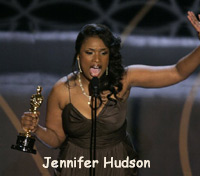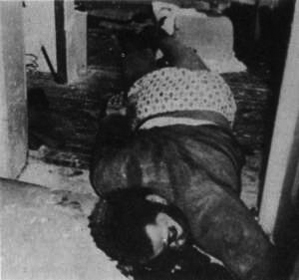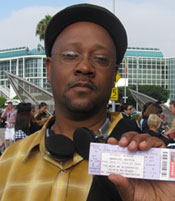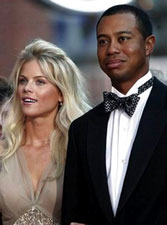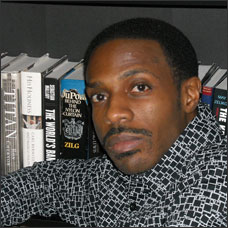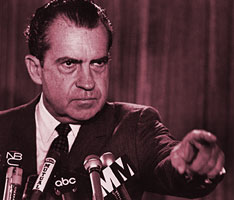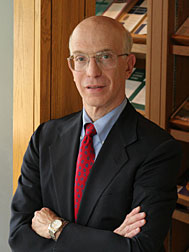 This is one of the reasons the music industry has become more ruthless in its approach toward things.. I can only imagine what they are doing to the artists.. From my take one of the reasons they rushed to change contracts and put what we now know as 360% Deals is to ensure that they will forever have access to artist’s income streams.. So as these copyrights expire, the record labels will be angeling to get a piece of future revenues, because 360 Deals mean the labels gets a part of ALL income no matter if its music related or not..One of the things people need top pay close attention to is increased enforcement of ‘copyright infringement, this will set up the justification for a new more strident copy right bill.. It’s at that point you will see something buried in the details that will flip these laws around who gets to own copyrights and for how long.. Pay close attention to how they are rewording and approaching the digital game cause thats where the hoodwinking is on full tilt.. -Davey D-
This is one of the reasons the music industry has become more ruthless in its approach toward things.. I can only imagine what they are doing to the artists.. From my take one of the reasons they rushed to change contracts and put what we now know as 360% Deals is to ensure that they will forever have access to artist’s income streams.. So as these copyrights expire, the record labels will be angeling to get a piece of future revenues, because 360 Deals mean the labels gets a part of ALL income no matter if its music related or not..One of the things people need top pay close attention to is increased enforcement of ‘copyright infringement, this will set up the justification for a new more strident copy right bill.. It’s at that point you will see something buried in the details that will flip these laws around who gets to own copyrights and for how long.. Pay close attention to how they are rewording and approaching the digital game cause thats where the hoodwinking is on full tilt.. -Davey D-
Copyright Time Bomb Set to Disrupt Music, Publishing Industries
By Eliot Van Buskirk
Wired – November 13, 2009
The late ’70s, when punk exploded and disco imploded,
were tumultuous years for the music industry. A time
bomb embedded in legislation from that era, the U.S.
Copyright Act of 1976, could bring another round of
tumult to the business, due to provisions that allow
authors or their heirs to terminate copyright grants –
or at the very least renegotiate much sweeter deals by
threatening to do so.
At a time when record labels and, to a lesser extent,
music publishers, find themselves in the midst of an
unprecedented contraction, the last thing they need is
to start losing valuable copyrights to ’50s, ’60s, ’70s
and ’80s music, much of which still sells as well or
better than more recently released fare. Nonetheless,
the wheels are already in motion.
“The termination that’s going to be coming up is going
to be a big problem for the record companies and
publishers,” said attorney Greg Eveline of Eveline
Davis & Phillips Entertainment Law.
“It’s written into the statute,” said entertainment
lawyer Robert Bernstein. “It’s just a matter of time.”
The Copyright Act includes two sets of rules for how
this works. If an artist or author sold a copyright
before 1978 (Section 304), they or their heirs can take
it back 56 years later. If the artist or author sold
the copyright during or after 1978 (Section 203), they
can terminate that grant after 35 years. Assuming all
the proper paperwork gets done in time, record labels
could lose sound recording copyrights they bought in
1978 starting in 2013, 1979 in 2014, and so on. For
1953-and-earlier music, grants can already be
terminated.
The Eagles plan to file grant termination notices by
the end of the year, according to Law.com. “It’s going
to happen,” said Eveline. “Just think of what the
Eagles are doing when they get back their whole
catalog. They don’t need a record company now.. You’ll
be able to go to Eaglesband.com (updated) and get all
their songs. They’re going to do it; it’s coming up.”
Other artists are also filing notices (there’s a five-
year window), according to Bernstein. But in some
cases, they’re choosing to leave the copyright grant
where it is – albeit with much more favorable terms.
“There are all different kinds of ways people approach
it,” said Bernstein. “If they have a publishing company
that’s making money for them, and collecting it and
paying them well, they may just want a higher royalty.
Or if they’re unhappy, they get it back.”
This isn’t just about music. “It’s every type of
copyright,” said Bernstein. “It doesn’t distinguish
between the types of copyright.”
The only exceptions, he said, are derivative works such
as movies based on novels that include certain music in
their soundtracks, because Congress decided it was
unfair to ask publishers to give those licenses back to
artists and authors.
The record labels tried to defuse this bomb in 1999 by
sneaking an amendment to the Copyright Act through the
House of Representatives that would add sound
recordings to the Act’s list of copyrights that were
considered “works for hire,” which would make them
exceptions to the grant termination clause. According
to one source close to the situation, the labels told
Congress that the Copyright Act already covered sound
recordings as exceptions because albums of music are
“compilations” – but that “just to be absolutely clear,
[the labels] wanted to put it in so nobody can debate
it.”
After musicians, including Carly Simon, reacted
negatively, the amendment was withdrawn amid public
outcry leaving record labels with precisely two options
for fending off notices of termination, neither of
which looks promising. The first is to continue to
claim that albums are compilations, which doesn’t pass
the common-sense test (compilations include songs from
different artists), and probably won’t pass legal
muster either.
“Everybody kind of snickers at that [strategy],” said
Eveline.
The second option is to re-record sound recordings in
order to create new sound recording copyrights, which
would reset the countdown clock at 35 years for
copyright grant termination. Eveline characterized the
labels’ conversations with creators going something
like, “Okay, you have the old mono masters if you want
– but these digital remasters are ours.”
Labels already file new copyrights for remasters. For
example, Sony Music filed a new copyright for the
remastered version of Ben Folds Five’s Whatever and
Ever Amen album, and when Omega Record Group remastered
a 1991 Christmas recording, the basis of its new
copyright claim was “New Matter: sound recording
remixed and remastered to fully utilize the sonic
potential of the compact disc medium.”
This might sound familiar, because BlueBeat.com
employed similar logic in creating new copyrights to
Beatles songs – right before it was sued by EMI and a
judge barred them from continuing to sell the songs.
If the labels’ best strategy to avoid losing copyright
grants or renegotiating them at an extreme disadvantage
is the same one they’re suing other companies for
using, they’re in for quite a bumpy – or, rather, an
even bumpier – ride.
[Eliot Van Buskirk has covered digital music since
1998, after seeing the world’s first MP3 player sitting
on a colleague’s desk. He plays the bass and rides a
bicycle.]



